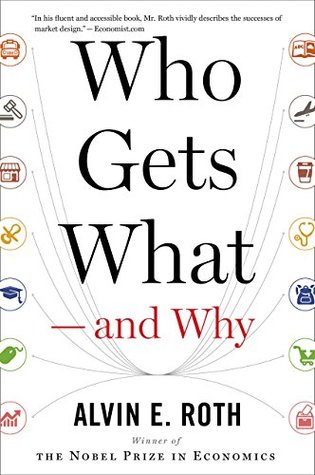More on this book
Community
Kindle Notes & Highlights
Read between
October 21 - October 24, 2020
In recent years, behavioral economists have upended traditional economic assumptions by noticing that people aren’t relentlessly calculating and purely self-interested, and market designers will miss good opportunities if they forget that.
No matter how well a market is otherwise designed, it will have trouble giving people what they want if it doesn’t make it safe for them to try to get what they want.
We already know that the war on drugs hasn’t made crack unavailable, so we shouldn’t compare the possibility of legalizing it only with the unattainable goal of eliminating it. We also don’t have to consider legalizing it in an unregulated way—for instance, allowing it to be sold in schools. So the choices we need to consider aren’t black-and-white. Instead, we have to weigh the trade-offs.
That doesn’t mean we shouldn’t disapprove of some behaviors and try to moderate them, but sometimes we will more nearly achieve our goals if we try to channel behavior or offer alternatives, rather than institute a ban.


